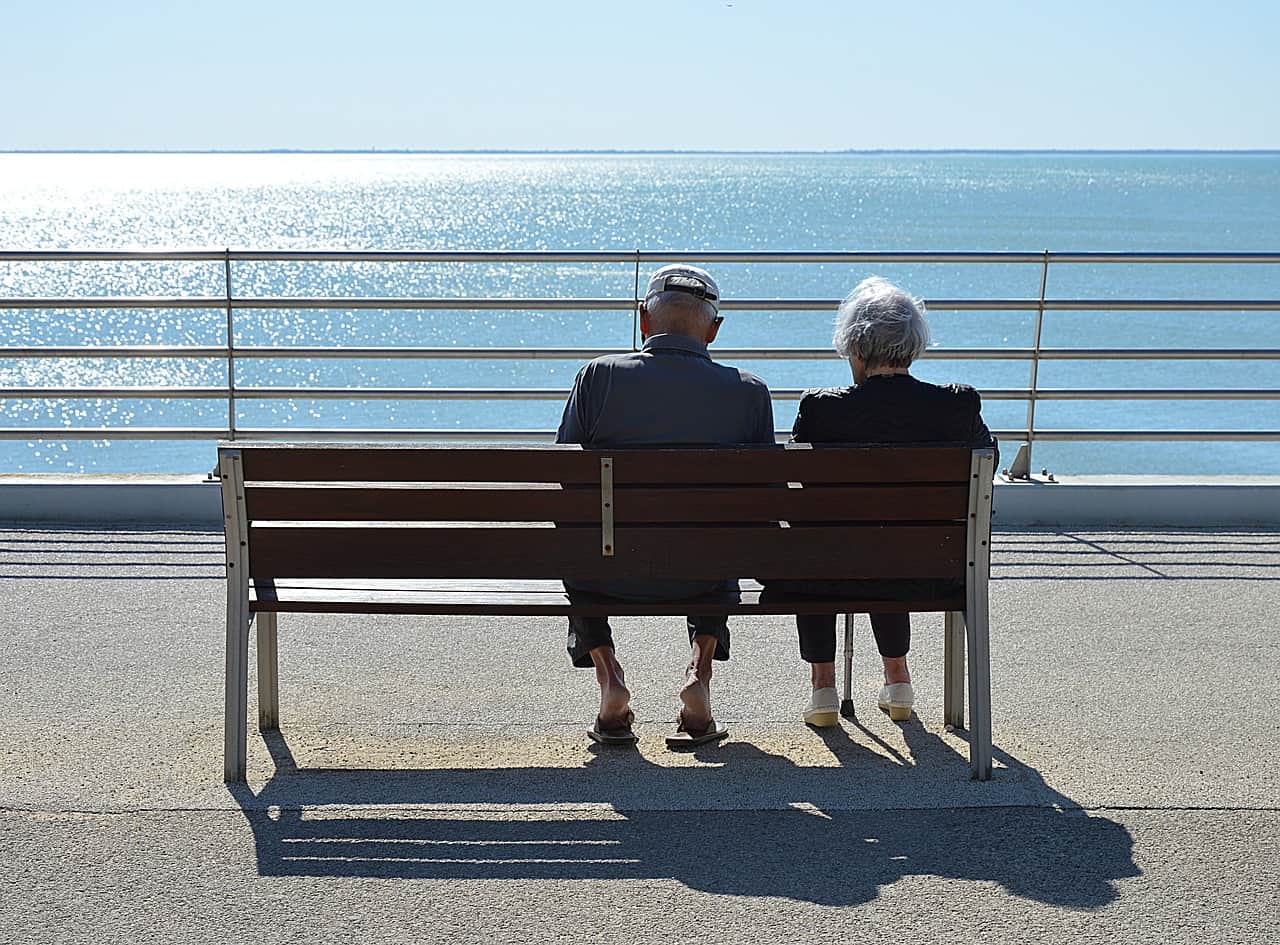Learn the Signs of Heat Stress to Watch for This Summer and What to Do If You Become Overheated
Summer is here! It’s time for outdoor activities and fun in the sun. Pegasus caregiving experts can help you avoid heat stress from Echo Park sunshine.
The term heat stress describes several conditions. All are the consequence of becoming overheated. Conditions range from irritating, such as an itchy rash, to very serious, such as heat stroke.
The last Friday in May is Heat Safety Awareness Day. Sunshine is essential to all life on Earth, but excessive heat can be a killer. Getting too hot can make you very sick, and overheating causes the death of hundreds each year.
It doesn’t have to be that way. Weather services issue heat alerts and warnings. These include:
- Excessive heat outlook: This is an up-to-a-week advance notice of a potential heat wave. It lets public agencies prepare for emergencies. You can use the time to do any outdoor chores before it gets too hot to be outside safely.
- Excessive heat watch: This lets you know the heat wave is only a day or two away. You need to make arrangements for keeping cool. Your home health caregiver will be on hand to assist you.
- Excessive heat warning or advisory: This lets you know that a heat wave is either here or will arrive soon. It will be hot enough to be life-threatening if you are active in the sun.
Too much outside activity during a heat wave is the cause of heat-stress illnesses.
Home Health Care Professionals Know the Symptoms of Heat Stress
When you’re enjoying the outdoors, you may not realize you’re becoming overheated. Part of caregiving includes recognizing the symptoms of heat stress. Caregivers also know how to treat each symptom.
A heat rash, also called prickly heat, can be relieved by cooling off. Turning on a fan is often helpful. Creams and lotions rarely relieve the rash.
Individuals who are active in the heat may develop heat cramps. Those are spasms in your large muscles. They feel different from the nighttime leg cramps.
Treatment includes:
- Stopping the activity and resting
- Cooling off
- Consuming liquids, such as one containing electrolytes
- Gently stretching or massaging the muscles
If the cramps don’t go away, you may need to seek medical treatment.
Heat exhaustion is a potentially dangerous consequence of becoming overheated. Your body has to sweat to cool itself. The sweat also has to evaporate.
Heat exhaustion produces the following symptoms:
- Dizziness
- Excessive sweating
- Fatigue or weakness
- Headache
- Nausea and vomiting
Moving to a cool area is essential to prevent escalation of symptoms.
Your caregiver will loosen or remove your clothing and fan you. If possible, they will spray cool water on your skin. If necessary, they will cool your skin with wet towels or cloths.
Consuming water is important for heat cramps or heat exhaustion. Limit the amounts to about four ounces every 15 minutes. Drink the water slowly.
Heat Stroke Can Be Fatal
Heat stroke is extremely serious. In the beginning, you have the same symptoms as heat exhaustion, except you quit sweating. Your body temperature escalates to life-threatening levels.
As your body continues to overheat, you experience symptoms such as:
- Agitation or irritability
- Breathing that is rapid or shallow
- Confusion or delirium
- Inability to speak clearly
- Lethargy
- Racing heart
- Reddened skin
- Seizures
Without immediate medical attention, you’ll lapse into a coma and may not recover.
While waiting for emergency personnel to arrive, your caregiver will start cooling your body. They get you out of the heat immediately. Then they remove excess clothing and fan you.
If needed, they will immerse you in a tub of cool water or put you under a cool shower. If that isn’t feasible, they will wrap you in cool, wet towels or place ice packs on you. They monitor your vital signs until help arrives.
Caregiving professionals also know that other problems can mimic heat stroke symptoms. They can tell if you’re having a heart attack, an infection, or another condition.
Are You at Risk for A Heat Stress Condition?
Some people can spend all day in the sun and never have a problem. A few minutes of sunshine make others sick. Factors that can increase your risk include:
- Age
- Consumption of alcohol
- Dehydration
- Diabetes or other diseases
- Heart condition
- Illegal drug use
- Obesity or being underweight
- Poor circulation
- Sunburn
Many common prescription drugs increase your heat stress potential, so it’s important to discuss all medications with your physician.
You know it’s important to drink plenty of water if you’re going to be outside in the heat. Sports drinks that include electrolytes are helpful. Carbonated drinks, sugary drinks, and caffeinated beverages are not advisable.
Pegasus Caregiving in Echo Park
Pegasus is a licensed Home Care Organization and a Joint Commission Accredited Home Health Care organization. We have provided professional caregiving services since 1994. We’re recognized as an industry leader because of the consistently high-quality care we provide.
We are a nurse owned and operated company. Our clients receive services customized to fit their needs. Winter and summer, we’re here to help you safely weather the weather.

